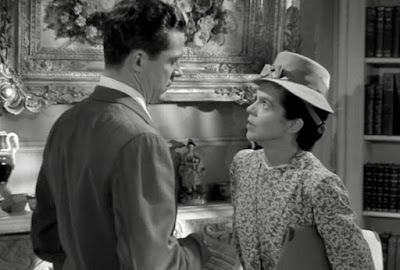
Matt Monro (Terence Edward Parsons 1930-1985) was an English easy-listening singer known as "The Man with the Golden Voice." He performed internationally over his 30-year career and was one of the most underrated pop vocalists of the Sixties. Despite being a chain-smoker and battling alcoholism in the Sixties and Seventies, his effortless style and amazing breath control never wavered. Coupled with his perfect baritone with a vocal timbre (always pronounced TAM-ber) that remained consistent over his entire range. Monro had early success in the UK with several Top 10 hits, including, "Portrait of My Love", "My Kind of Girl", "Softly As I Leave You", "Walk Away" and "Yesterday."
Always with a singing career on his mind, he took numerous odd jobs, famously as a singing bus driver for London Transport. But he struggled to gain any ground through the Fifties. By early 1961, Monro had won ITV's A Song for Britain with "My Kind of Girl". His follow-up hits included that song, plus "Softly as I Leave You" (1962) and the title song written by John Barry for the film, From Russia with Love (1963), used over the final credits as many movie patrons were probably exiting the theater. Monro sang the Oscar-winning title song for the 1966 film, Born Free, also by Barry, which became his signature song. Monro continued to tour until just before his death.
Note: Early in his career, Monro was somewhat pigeon-holed as the "British Sinatra," perhaps due to his satirical recording, "You Keep Me Swingin" in the syncopated Sinatra style for EMI producer, George Martin and Peter Sellers album, "Songs for Swingin' Sellers." The latter chose to use it as the opening track on the record rather than record his own version, realizing he couldn't improve on Monro's performance. Sinatra once said Monro had a fabulous voice and lavished praise on his impeccable diction.










.jpg)



































